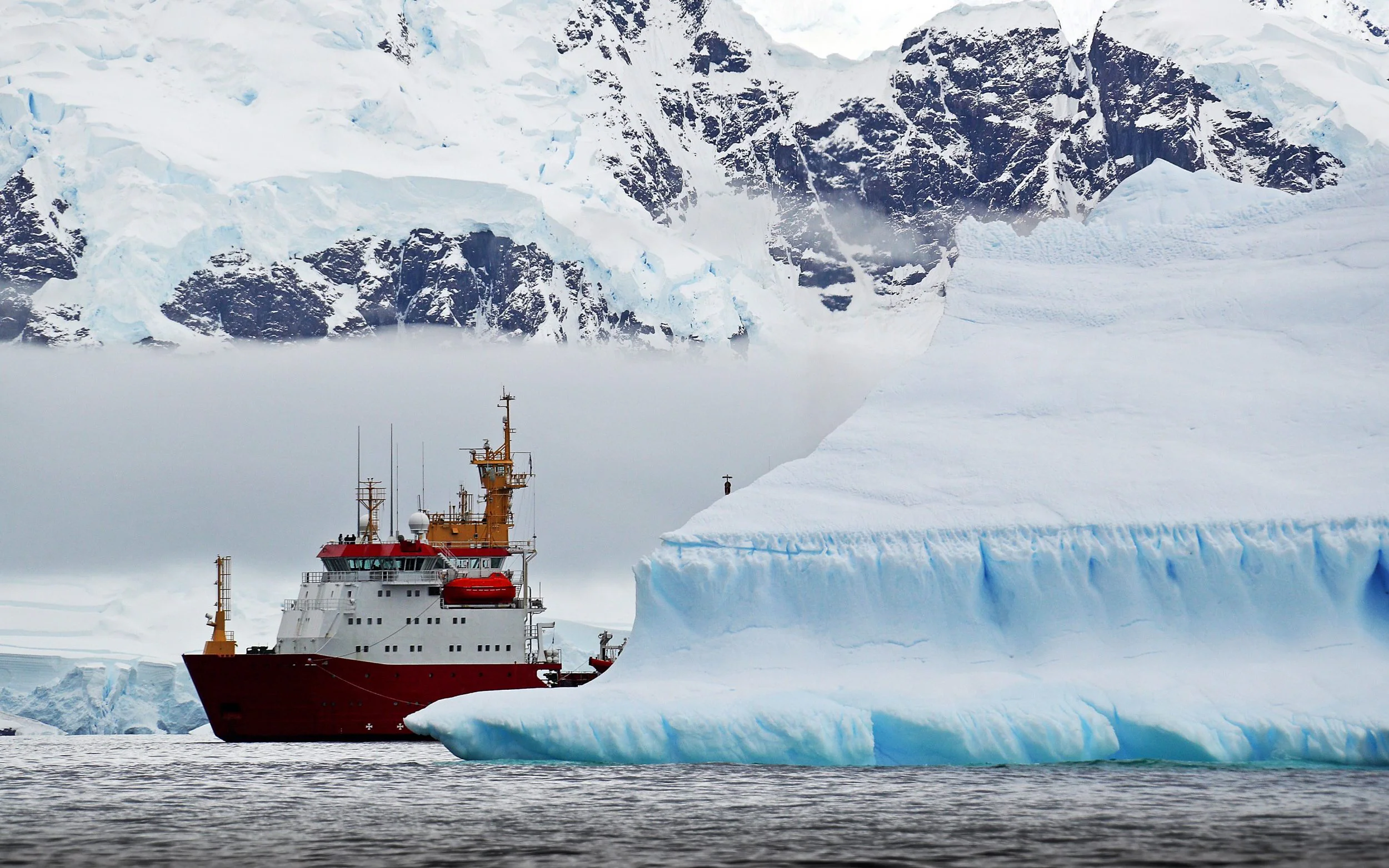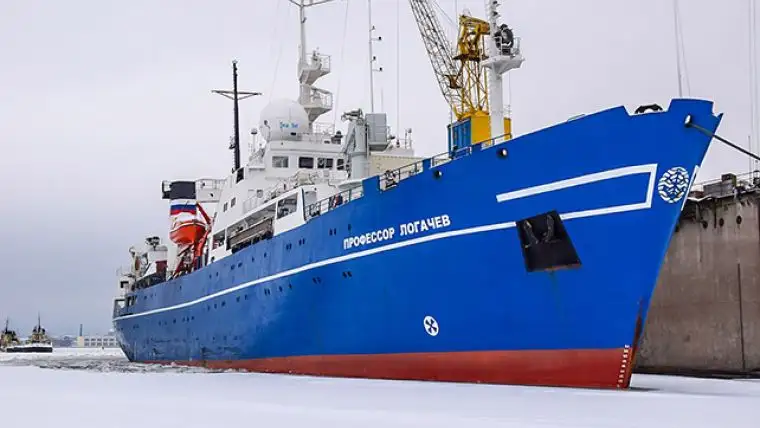Russia Discovers 511 Billion Barrels Of Oil & Gas In British Antarctica (Photos)
Russia has discovered vast oil and gas reserves in the Antarctic, much of it in areas claimed by the UK.
The surveys are a prelude to bringing in drilling rigs to exploit the pristine region for fossil fuels, MPs have warned.
Reserves totalling 511 billion barrels of oil, about 10 times the North Sea’s entire 50-year output have been reported to Moscow by Russian research ships, according to evidence given to the Commons Environment Audit Committee (EAC) last week.
It follows a series of surveys by the Alexander Karpinsky vessel, operated by Rosgeo – the Russian agency charged with finding mineral reserves for commercial exploitation.
Antarctica is meant to be protected by the 1959 Antarctic Treaty that bans all mineral or oil developments. The UK’s interests are overseen by the Foreign Office – but it has been accused of ignoring the emerging crisis.
Junior minister David Rutley last week told the EAC that his department had decided to trust Russian assurances it was just conducting scientific research, adding: “Russia has recently reaffirmed its commitment to the key elements of the treaty.”
Experts on the region disagree, warning that placing any trust in Russia to stick to its obligations was naive – as shown by its invasion of Ukraine.
Klaus Dodds, professor of geopolitics at Royal Holloway College, an expert in Antarctica, who also gave evidence, said Russia’s activities were far closer to prospecting for oil and gas than to genuine science.
“The Antarctic Treaty faces renewed challenges not least from bad-faith actor Russia and increasingly assertive China.
“Rosgeo has been engaging in seismic surveys and other related surveying work … Russia’s activities need to be understood as a decision to undermine the norms associated with seismic survey research, and ultimately a precursor for forthcoming resource extraction.”
The British Antarctic Territory (BAT) forms the largest and most southerly of the UK’s 14 Overseas Territories – and the least hospitable with 99pc of it covered in ice.













Add Comment